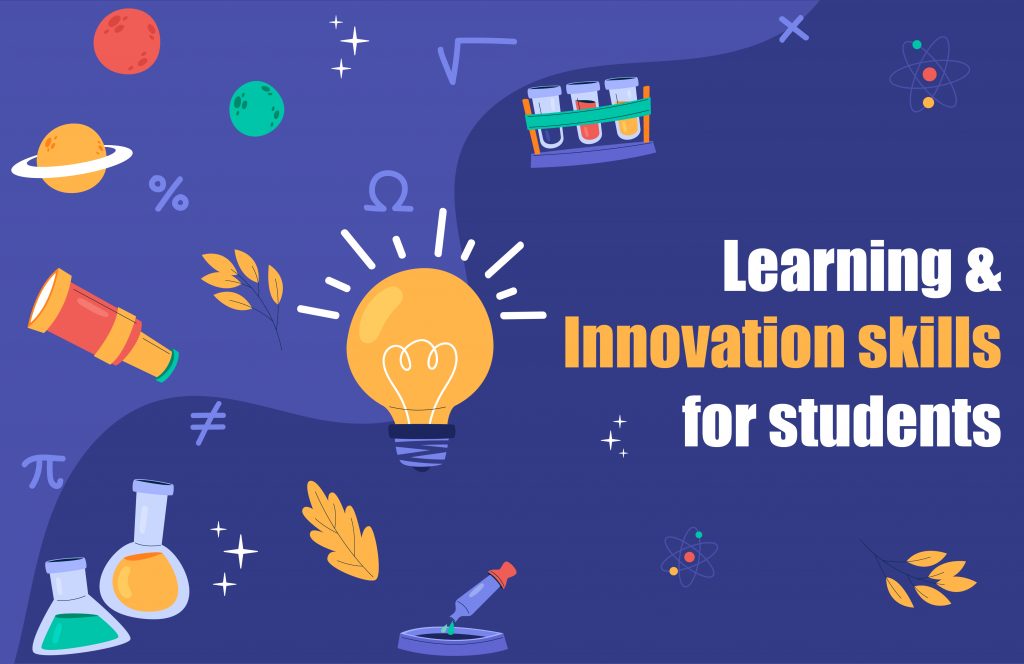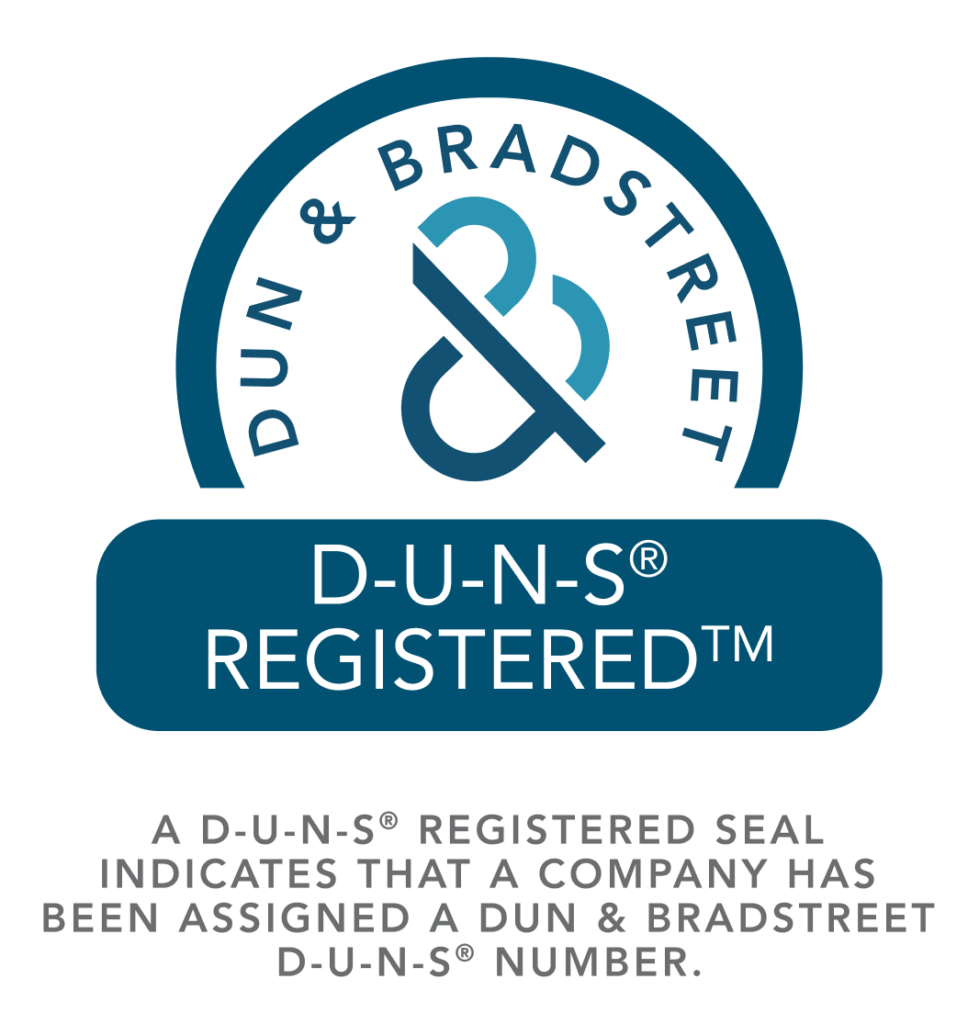K-12 Segment Solution for Schools
Enhancing Education Through Innovation In the rapidly evolving landscape of education, schools are continuously seeking innovative solutions to enhance the learning experience for students. The K-12 segment, which covers education from kindergarten to 12th grade, is a crucial stage in a student’s academic journey, laying the foundation for future learning and development. To cater to the unique needs of K-12 students, educational technology companies like STEMROBO are offering a range of solutions designed to engage students, foster creativity, and develop critical thinking skills. One of the key challenges faced by schools is keeping students motivated and engaged in the learning process. Traditional teaching methods often struggle to capture the attention of today’s students. To address this challenge, educational technology companies are developing interactive learning solutions that leverage the latest technologies such as augmented reality (AR) and virtual reality (VR). These solutions allow students to explore complex concepts in a more engaging and immersive way, making learning more enjoyable and effective. Another area where technology is making a significant impact is in personalized learning. Every student has unique learning styles and pace, and traditional classroom settings may not always cater to these individual needs. K-12 segment solutions are incorporating adaptive learning algorithms that tailor the learning experience to each student’s abilities and interests. This personalized approach not only improves learning outcomes but also helps students develop self-directed learning skills. Project-based learning (PBL) is another innovative approach that is gaining popularity in K-12 education. PBL encourages students to work on real-world projects, solving complex problems and collaborating with their peers. Educational technology companies are providing tools and platforms that support PBL, allowing students to work on projects that integrate various modern technologies such as robotics, AI, and IoT. These projects not only help students apply theoretical concepts in practical settings but also prepare them for the challenges of the 21st-century workforce. In addition to student-focused solutions, educational technology companies are also offering teacher training programs to enhance educators’ skills and knowledge. These programs provide teachers with the tools and resources they need to effectively integrate technology into their teaching practices, enabling them to create more engaging and interactive learning experiences for their students. Collaboration between schools and educational technology companies is key to driving innovation in the K-12 segment. By working together, schools can leverage the expertise and resources of these companies to create customized solutions that meet their specific needs and goals. This collaboration not only benefits students and teachers but also contributes to the overall development of the education sector. K-12 segment solutions are revolutionizing the way education is delivered, providing schools with the tools and resources they need to create engaging and personalized learning experiences for students. By embracing these innovative solutions, schools can ensure that their students are well-equipped to succeed in the fast-paced and technology-driven world of the 21st century. The integration of technology in K-12 education has opened up new opportunities for learning and has significantly transformed the traditional classroom experience. One such area of innovation is the use of robotics in education. Robotics not only engages students in hands-on learning but also helps them develop critical skills such as problem-solving, teamwork, and creativity. Educational robotics kits, such as those offered by STEMROBO, are designed to be user-friendly and cater to students of all ages and skill levels. These kits typically include a variety of components such as sensors, motors, and programmable controllers, allowing students to build and program their own robots. By working on robotics projects, students not only learn about robotics and engineering principles but also develop important 21st-century skills such as coding, logical thinking, and communication. Another area of innovation in K-12 segment solution for schools is the use of artificial intelligence (AI) and machine learning (ML) to personalize the learning experience. AI-powered educational platforms can analyze student performance data and provide personalized recommendations for improvement. For example, if a student is struggling with a particular concept, the platform can provide additional resources or exercises to help them master the concept at their own pace. In addition to these technological innovations, educational technology companies like STEMROBO are also focusing on providing comprehensive teacher training programs. These programs are designed to help teachers integrate technology into their teaching practices effectively and enhance their digital literacy skills. By equipping teachers with the necessary tools and knowledge, these programs ensure that technology is used as a facilitator of learning rather than a barrier. Furthermore, educational technology companies are also investing in research and development to continually improve their products and services. By staying abreast of the latest trends and advancements in technology, these companies can ensure that their solutions remain relevant and effective in meeting the evolving needs of K-12 education. The K-12 segment solution for schools is witnessing a rapid transformation driven by technological innovation. Educational technology companies like STEMROBO are playing a crucial role in this transformation by providing schools with the tools and resources they need to create engaging and effective learning experiences for students. By embracing these innovative solutions, schools can prepare their students for success in the digital age and beyond.
K-12 Segment Solution for Schools Read More »






